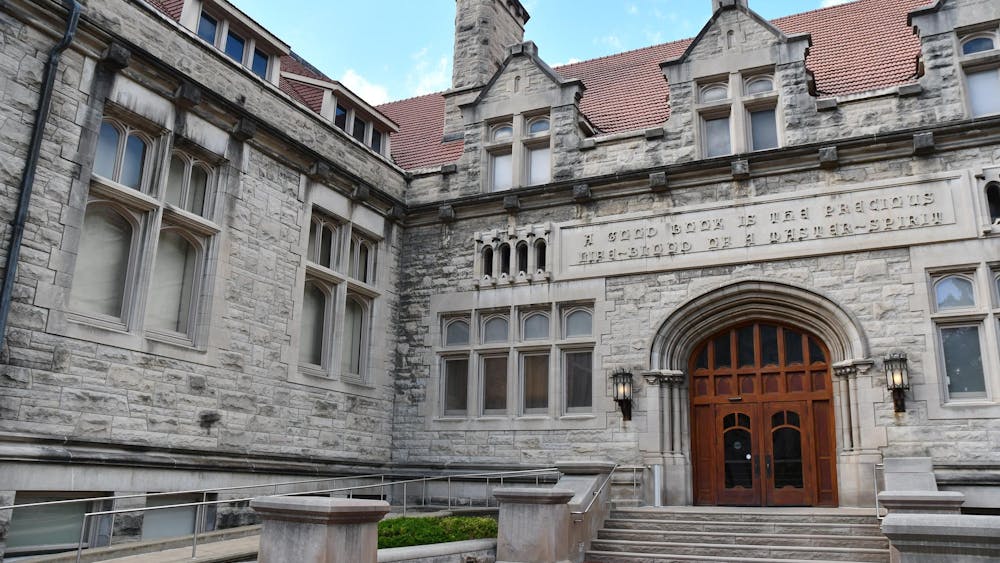The Keystone XL Pipeline Act, a piece of legislation that authorizes the construction of an oil pipeline that would cross the U.S.-Canada border, was introduced to the Senate on Jan. 6 and was recently added to the schedule of legislation to be debated.
It is not yet specified when exactly the bill will be debated in the Senate. If passed, the pipeline would lower America’s independence on foreign oil, theoretically lowering gas prices.
The pipeline has been broken down into four phases, three of which have already been authorized. The third phase is currently under ?construction.
The legislation passed in the U.S. House of Representatives on Jan. 9.
Phase four, the portion of the pipeline that is currently in the process of being approved, would start in Alberta, Canada, and run through Baker, Mont., where crude oil from the Montana and North Dakota area would be added, and it would extend to Steele City, Neb.
The U.S. Department of State issued a report detailing the environmental and economic impact of the project.
“During construction, proposed project spending would support approximately 42,100 jobs and approximately $2 billion in earnings throughout the United States,” the report said. “Property tax revenue during operations would be substantial for many counties, including an increase of 10 percent or more in 17 of the 27 counties with proposed project facilities.”
The report also detailed many of the environmental concerns the construction of the pipeline might have.
The report referenced past examples when similar projects have resulted in oil spills, negative effects on ground water and the endangerment of local animal species.
Consumer Watchdog, a nonprofit public interest group, created a report about the pipeline with the intention of finding out whether or not the pipeline would have any effect on gas prices, specifically in the Midwest.
“U.S. gasoline prices will rise, with the greatest effect on the Midwest,” the report said. “Their explicit intention is to export to the Gulf and abroad, which would increase the price of crude oil and gasoline in the United States and, in particular, the Midwest.”
Sens. Joe Donnelly and Dan Coats are co-sponsoring the authorization bill in the Senate, and when the bill came to a vote in the House of Representatives, Rep. Young voted in favor of its passage.
Sen. Coats spoke in favor of the passage of the Keystone XL Pipeline on the Senate floor Jan. 12 of this year.
“The Keystone pipeline would support tens of thousands of jobs during its construction, invest billions in the American economy and increase revenue to state and local governments,” Coats said. “All of this without spending a dime of taxpayer money.”
Sen. Donnelly also has spoken in favor of the authorization in past congresses when similar legislation has been introduced to the ?Senate.
“A strong energy economy is critical to both Indiana’s and our country’s economic success and crucial to our national security,” Donnelly said in a press release in November. “The Keystone XL pipeline would promote economic competitiveness and energy security for our country, so I will continue working with Democrats and Republicans to push for approval of this common-sense project.”
If the bill is passed in the Senate, it will be sent to President Obama to be signed into law, although the White House has issued statements claiming Obama will veto any legislation sent to him that authorizes the Keystone XL pipeline.





